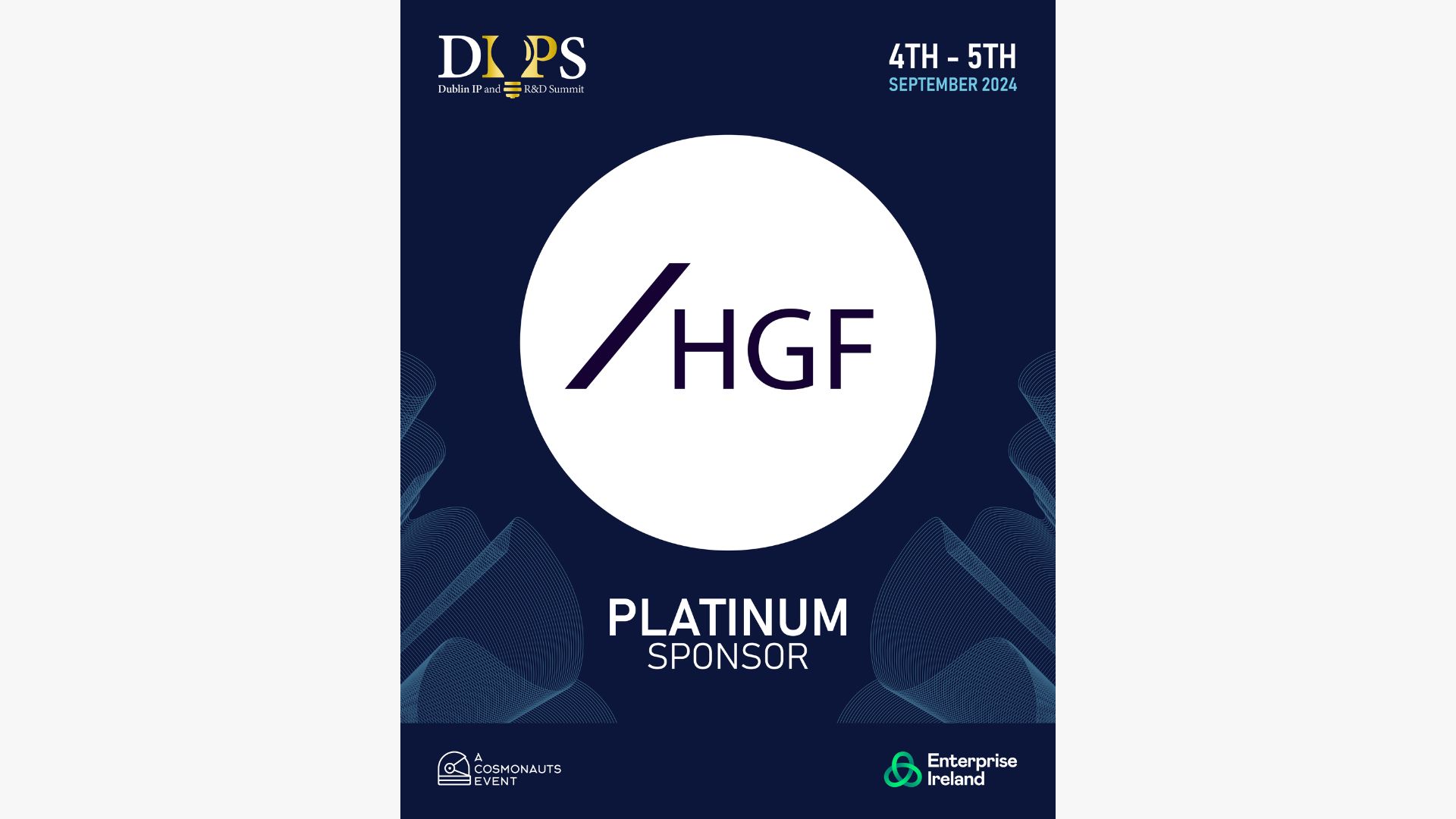Retail Scanner
Is an International Exhaustion of Rights Regime coming to the UK?
November 2021
Is an International Exhaustion of Rights Regime coming to the UK? And should it be welcomed by retailers?
Since 1973 when the United Kingdom joined the then European Economic Community (EEC) which ultimately morphed into the European Union, until the United Kingdom left the European Union intellectual property rights system on 31st December 2020, the UK had to follow a common regime with regard to the exhaustion of intellectual property rights. However, with its new ‘freedom’ outside the European Economic Area (‘EEA’) and outside the Single Market, is that about to change?
The UK, in common with other members of the EU, effectively followed a so-called ‘Fortress Europe’ exhaustion regime. Brand owners could not prevent the re-sale of branded products put on the market within the European Economic Area (EEA) with their consent, subject to a small number of exemptions. (“Brands” and “brand owners” here and elsewhere in the article mean brands that have been registered as trade marks). However, with regard to branded products put on the market for the first time outside the EEA, the resale of such products could be prevented by the brand owner. Come 31st December 2020, the UK essentially followed a lopsided exhaustion regime with the EU. With regard to the importation of branded products into the UK, a brand owner could not prevent the re-sale of products put on the market with its consent in the UK and EEA. However, the EU did not reciprocate, and thus branded products being imported into the EEA from the UK could be prevented, as the UK is no longer a member of the European Economic Area.
The exhaustion regime potentially is of crucial importance to retailers. Earlier in 2021 the United Kingdom Government opened a consultation on what regime the UK should follow going forward. Why is it important? What regime is followed could either restrict or expand a retailer’s ability to buy and import genuine branded products from outside the UK into the UK, potentially pushing down prices and potentially opening new marketing opportunities to retailers. This consultation ended on 31st August 2021 and the UK Government is presently considering the submissions. As Kwasi Kwarteng, the UK Secretary of State for Business, Energy and Industrial Strategy admitted, the choice of a new regime “will be a difficult and possibly contentious one”.
What are the options open to the UK Government? Well, there are four options:
(a) apply a national exhaustion of rights regime, the most restrictive and ‘anti-retailer’ option where the re-importation of any branded product put on the market outside the United Kingdom would be prevented;
(b) maintain the status quo, where the re-importation of any branded product put on the market outside the United Kingdom and EEA would be prevented (essentially a lopsided ‘Fortress Europe’ without the United Kingdom being in the fortress);
(c) introduce an international exhaustion of rights regime where a brand owner could not, unless it could use contractual provisions in supply agreements or quality concerns, object to the re-importation of a branded product that it had put on the market anywhere in the world – this option being the most pro-retailer option;
(d) introduce a mixed regime where different exhaustion regimes could be applied to different sectors or for different IP rights – Switzerland applies such a regime with international exhaustion being followed for all goods excluding pharmaceuticals.
Although the Government stated it had no preferred option, comments in the consultation document seem to rule out following option (a) as it could have a significant impact on the free movement of goods across the border between Northern Ireland and the Republic of Ireland. Although Northern Ireland is within the United Kingdom, as part of Northern Ireland Protocol of the Brexit Withdrawal Agreement it effectively is part of the EU Single Market too. This might be viewed as good news for retailers, as option (a) was the most anti-retailer option. Further option (d) would appear over-complicated given the potential for arguments over what regime applies to a product depending on what IP rights, if any, applies to that product.
So it seems it is either going to be the status quo or a new international exhaustion of rights regime, options (b) and (c). It has been reported that many members of the Government who supported Brexit saw the application of an international exhaustion of rights regime as an ‘easy win’ for the government. International exhaustion has the potential to encourage grey imports and push down prices and accords with the general laissez faire economic outlook of the present government. Indeed this was the regime the UK followed historically up until 1973. However, in the consultation document the Government admitted that an international exhaustion rights regime could be a cover for counterfeit products being sold and imported with genuine grey imports. An International exhaustion of rights regime would undoubtedly mean that brand owners, and many retailers do own well-known own brands, would have to review their supply agreement in an attempt to maintain any selective distribution arrangements and could not rely on the get-out of the present regime. However, many retailers would welcome such a new regime.
Is a new International Exhaustion of Rights regime coming? Well we can only wait and see.
This article was prepared by HGF Partner Lee Curtis.

































